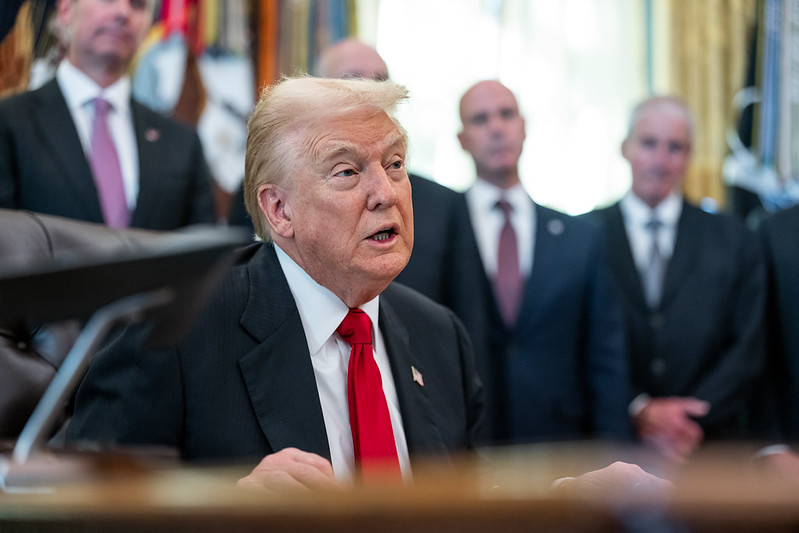Politics
Why Trump’s Administration Stopped Cutting Payments to Disabled Workers
By CM Chaney · November 24, 2025


The Social Security Administration announced an unexpected halt to its controversial disability review program.
According to ProPublica’s investigation, intense advocacy efforts and mounting evidence of hardship prompted the administration’s dramatic change of course, affecting millions of disabled Americans.
Original Policy Impact
The Government Accountability Office documents the initial effects of the program, revealing that 1.2 million beneficiaries were targeted for review, with 375,000 cases examined and 89,000 benefits reduced or terminated.
Their analysis shows these cuts disproportionately affected the most vulnerable populations.
Advocacy Response
The National Disability Rights Network details the unprecedented nationwide response to the initial policy.
Their coordinated campaign, reaching 2.5 million supporters, combined grassroots advocacy, legal challenges, and strategic congressional outreach to achieve the policy reversal.
Congressional Intervention
The House Ways and Means Committee reveals the extent of bipartisan opposition to the cuts. Through emergency oversight hearings and proposed legislative safeguards, Congress played a crucial role in the administration’s decision.
The Congressional Research Service estimates $4.8 billion in benefits preserved through these efforts.
Medical Community Response
The American Medical Association provided crucial evidence of the policy’s harmful effects. Their comprehensive studies, expert testimony, and healthcare cost analysis demonstrated severe health consequences for affected beneficiaries, contributing significantly to the policy reversal.

Economic Analysis
The Center on Budget and Policy Priorities examines the broader economic implications of the original cuts.
Their research revealed potential economic damage of $12 billion through reduced community spending, increased healthcare costs, and long-term social service needs.
State-Level Impact
The National Governors Association reports widespread effects across state programs.
Their comprehensive analysis covering all 50 states demonstrates how the cuts strained state budgets, medical assistance programs, and social services networks.
Legal Proceedings
The National Law Review details the extensive legal challenges that contributed to the reversal.
Their coverage of 47 related court decisions shows how judicial opposition helped shape the administration’s change in position.
Future Protections
The Brookings Institution outlines comprehensive reforms designed to prevent similar situations.
Their recommendations include enhanced policy safeguards, legislative protections, and administrative reforms to protect vulnerable beneficiaries.
Moving Forward
The Urban Institute projects a more stable future for disability benefits.
Their analysis suggests new program stability measures, strengthened beneficiary protections, and reformed review processes will help prevent future disruptions to this crucial safety net program.